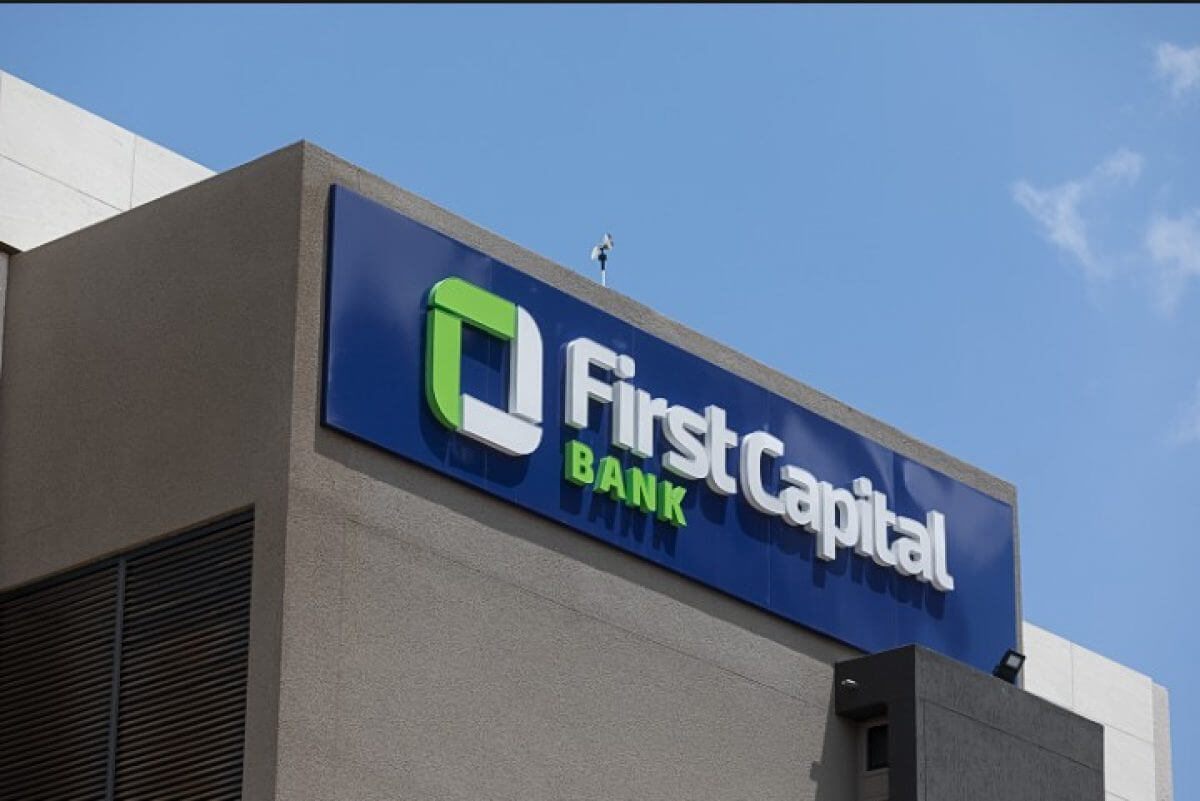- Debt factoring is a financial arrangement in which a company sells its accounts receivable (i.e., outstanding invoices) to a third party, known as a factor, at a discount in exchange for immediate cash.
- The factor then assumes responsibility for collecting the debts owed, thereby releasing the company from the burden of chasing payments.
Features of Debt Factoring as a Source of Finance:
- Debt factoring is a short-term source of finance that can help improve cash flow by providing immediate access to cash that would otherwise be tied up in accounts receivable.
- Debt factoring can be particularly useful for businesses that have long payment cycles or have a large number of outstanding invoices.
- Debt factoring allows businesses to outsource the collection of debts owed, which can free up time and resources to focus on other aspects of the business.
- Debt factoring is generally more accessible than other forms of finance, such as bank loans, as factors are more interested in the quality of the invoices being factored than the creditworthiness of the business.
Ideal situations where debt factoring would be appropriate:
- Businesses that need to improve their cash flow quickly
- Businesses that have a large number of outstanding invoices
- Businesses that have long payment cycles
Benefits of Debt Factoring as a Source of Finance:
- Provides immediate access to cash that would otherwise be tied up in accounts receivable
- Can help improve cash flow, particularly for businesses with long payment cycles
- Allows businesses to outsource the collection of debts owed, freeing up time and resources
- More accessible than other forms of finance, particularly for businesses with poor credit ratings
Drawbacks of Debt Factoring as a Source of Finance:
- Debt factoring can be more expensive than other forms of finance, particularly if the invoices being factored have a high risk of default.
- Businesses may be required to disclose their financial information to the factor, which could compromise their competitive advantage.
- Debt factoring may damage customer relationships if the factor is seen as overly aggressive in chasing payments.
- Debt factoring is generally only suitable for businesses that have a steady stream of invoices, and may not be appropriate for businesses that rely on larger, infrequent sales.




